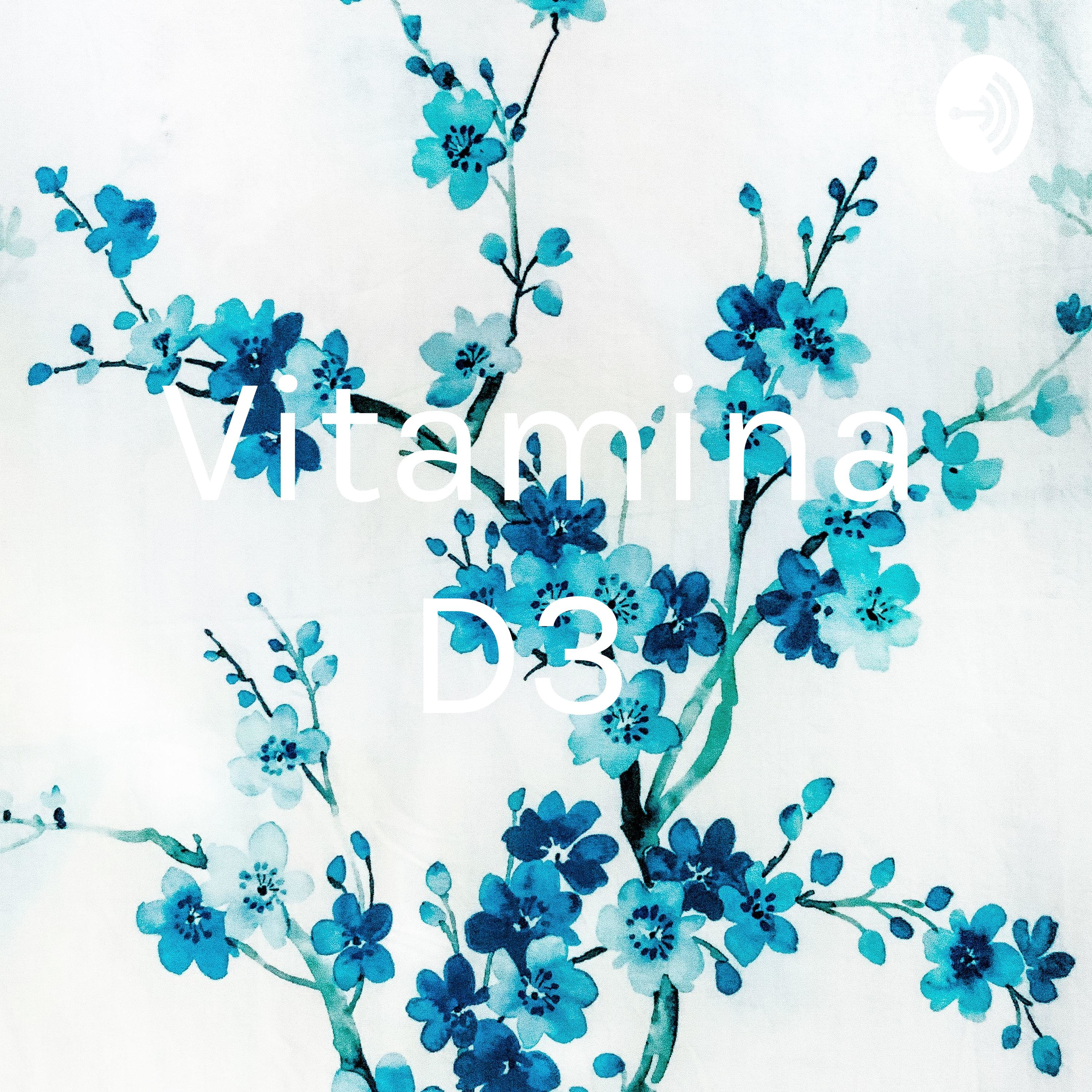 |
Inside Lyme Podcast with Dr. Daniel CameronAuthor: Dr. Daniel Cameron
You are listening to a show dedicated to discussing actual cases. Dr. Cameron has been treating adolescents and adults with Lyme disease and related tick-borne infections for more than 30 years. The advice given is general and not intended as specific advice as to any particular patient. If you require specific advice, you will need to seek that advice from an experienced professional. Language: en-us Genres: Health & Fitness, Medicine Contact email: Get it Feed URL: Get it iTunes ID: Get it |
Listen Now...
Have you faced delays in Lyme disease treatment?
Episode 8
Tuesday, 30 September, 2025
👉 Have you faced delays in Lyme disease treatment? Comment below.Physician reluctance in Lyme disease treatment often stems from liability concerns, conflicting guidelines, limited training, and insurance pressures. While hesitation may protect doctors professionally, it can leave patients untreated, leading to infection spread, long-term complications, and emotional trauma.The risks of treatment — side effects, gut imbalance, or temporary Herxheimer reactions — are usually short-term and manageable, while the risks of inaction include permanent neurologic damage, arthritis, cardiac issues, and even death.The path forward lies in shared decision-making, individualized care, and supporting physicians so they feel safe providing thoughtful, evidence-based treatment. Ultimately, patient welfare must come before professional hesitation.#LymeDisease #LymeWarrior #ChronicLyme #LymeAwareness #PatientStories










